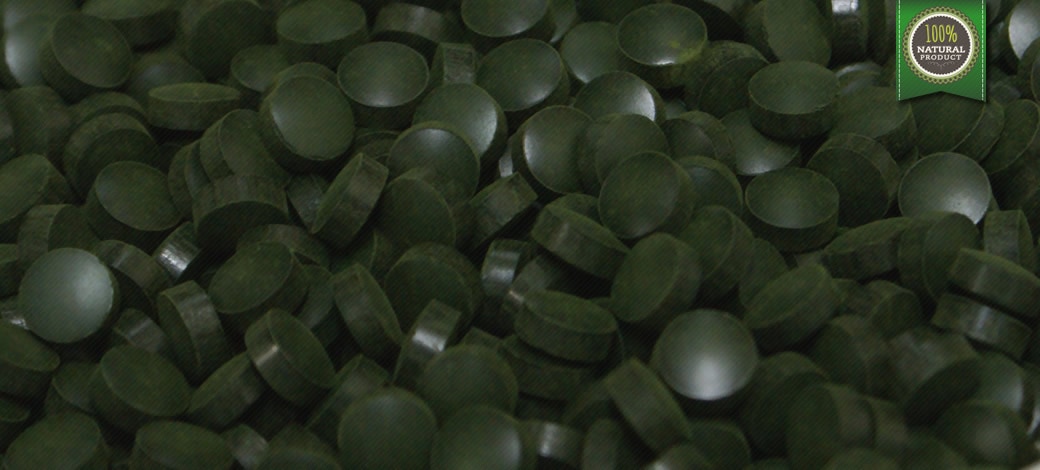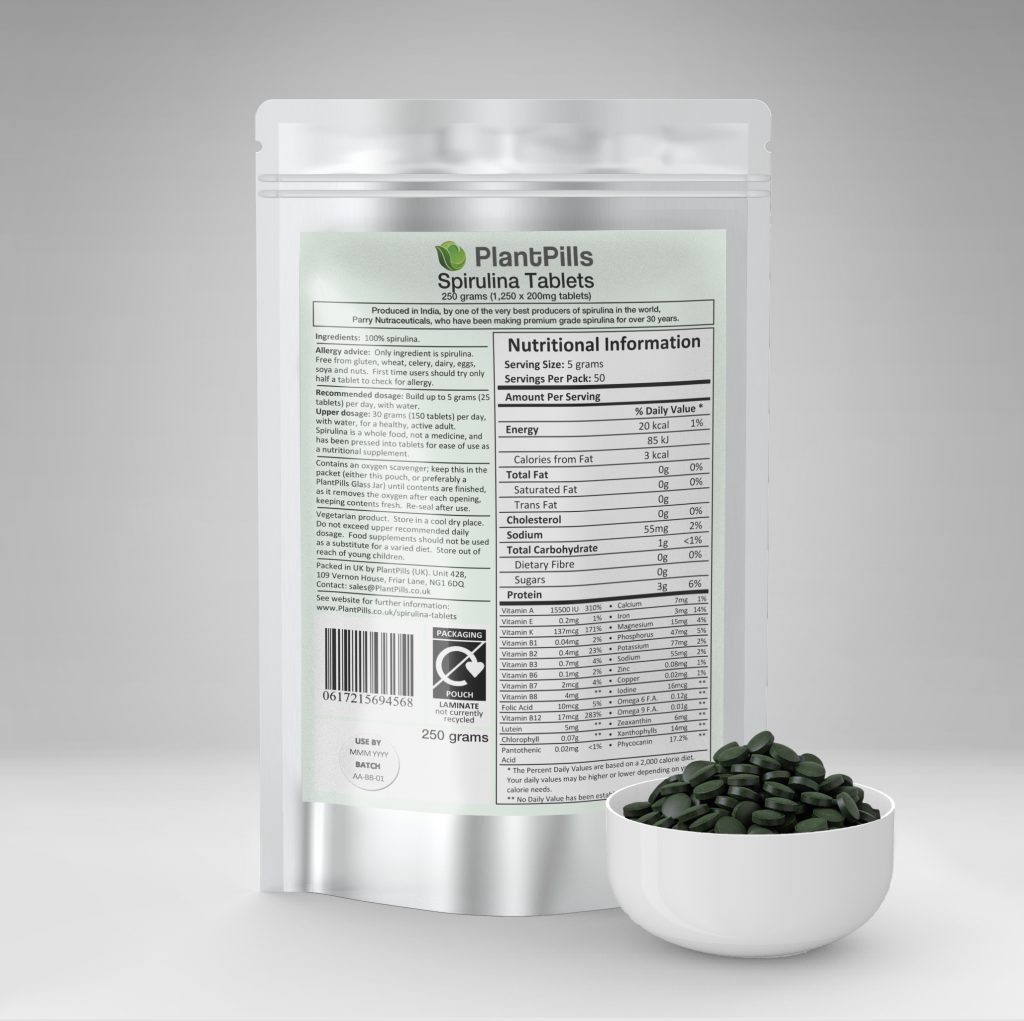
What is spirulina?
Spirulina is a tiny single-celled blue-green alga that lives in fresh water. It's a plant that has existed on earth for over 3 billion years, is about half a millimetre in length, and appears under a microscope as long, thin, blue-green spiral threads. Strong sunlight, pure water and clean air enable spirulina to thrive, but it is highly adaptable, and is known to survive in extremely harsh conditions.
Spirulina is said to have been consumed in Mexico City as the primary source of protein for 5,000 years. Today, millions of people worldwide use spirulina daily, but it is most commonly consumed in the far east; Japan is the world’s largest consumer.
Spirulina is considered one of the most nutritious foods on Earth, and NASA has used spirulina for astronauts in space. In the 1974 United Nations World Food Conference, it was announced that spirulina is “the most ideal food for mankind”. The World Health Organisation considers it “a very suitable food” and “able to be administered to children without any risk”, while The United Nations has said “there is a need for both national governments and inter-governmental organizations to re-evaluate the potential of spirulina to fulfil both their own food security needs as well as a tool for their overseas development emergency response efforts”.
Why PlantPills spirulina?
PlantPills spirulina is grown in vast mineral rich fresh water “raceway” type ponds by Parry Nutraceuticals in India, the only spirulina producer in the world to be certified by the U.S. Pharmacopeial Convention (USP) under their Dietary Ingredient Verification Program. Parry have been cultivating spirulina for over 30 years, and are acknowledged to be among the very best producers of spirulina in the world.
PlantPills spirulina contains more gamma linolenic acid (GLA), vitamin K, vitamin B2, chlorophyll and crude phycocyanin than any other known source in the world.
A concern for anyone who consumes spirulina is the potential contamination of spirulina with blue green algae strains of AFA (Aphanizomenon flos-aquae), some of which produce microcystins, which are known to be hepatoxic (toxic to the liver) and carcinogenic (cancer causing).
PlantPills spirulina tests negative for microcystins, at a stringent detection limit of half a part per billion. It also tests negative for the neurotoxin BMAA. Frankly, if every batch of spirulina is not tested to this level, it cannot be deemed certain to be safe for human consumption.
PlantPills spirulina is cultivated using vegetarian organic nutrients (no animal products or Chilean Nitrate are added), is suitable for vegans, is non-GMO, is gluten free, herbicide and pesticide free, and although Parry have obtained organic certifications from USDA and OCIA (USA), Ecocert (France), and Naturland (Germany), PlantPills has not yet applied for organic certification in the UK, so we can not yet claim that our spirulina is organic, and do not sell it as organic.
PlantPills spirulina comes in 200 mg tablets, significantly smaller and easier to take than the larger 500mg supplied by the majority of producers.
Pack sizes are 250 grams, 500 grams, 1 kilogram, 2 kilograms and 10 kilograms (selectable in the basket).



